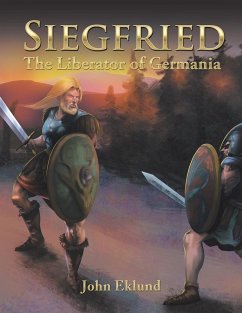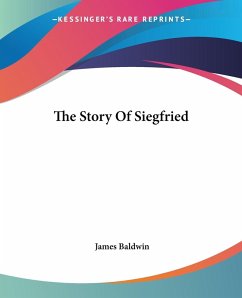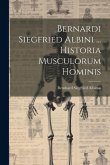Just over two thousand years ago a great hero liberated his people from the clutches of the Roman Empire, defeating the Romans in the most decisive battle in world history and forever changing the course of Western Civilization. Although his Latin name, Arminius, was recorded by prominent Roman historians, there was surprisingly no mention of him in the later discovered sagas of his own Norse people. Yet, the Norse and Germanic legends from Iceland to Austria all tell of a mythical dragon slayer named Siegfried, who was noble and brave, and who shared many similarities with the true to life warrior Arminius. Is it possible that the greatest hero in Norse literature was purely mythological, and that the one true historical hero, who saved his people and generations of their descendants from slavery, was completely forgotten? The only logical conclusion is that the dragon slayer Siegfried is the mythical transformation of the historical Arminius. Without a doubt, his victory over the Romans in the Teutoburg forest in the year AD 9 was a feat worthy of legendary status. This is his story the saga of Siegfried, Liberator of Germania.
Hinweis: Dieser Artikel kann nur an eine deutsche Lieferadresse ausgeliefert werden.
Hinweis: Dieser Artikel kann nur an eine deutsche Lieferadresse ausgeliefert werden.








